



Pressure washers under £100 are a very sensible purchase for the home and garden. They allow cleaning work to be done quickly and conveniently. Although stubborn dirt can be removed, you hardly need to exert any force yourself. No other device offers the possibility to carry out such comprehensive cleaning actions.
5 Best Pressure Washers Under £100
In this guide, I reviewed the 5 best pressure washer for under £100 in UK. I compared engine power, water pressure, machine weight, hose length, flow and cost to give you my best recommendations.
Best Pressure Washers Under £100 in UK
The Kärcher K2 Compact Car & Home Pressure Washer is a versatile and lightweight cleaning tool designed for various outdoor cleaning tasks. With a maximum water pressure of 110 bar and a flow rate of 360 liters per hour, this pressure washer delivers sufficient power for everyday cleaning needs.
The Makita HW101 240V Pressure Washer is a reliable and powerful cleaning tool designed to make your outdoor cleaning tasks a breeze. With a compact and lightweight design, this pressure washer is easy to maneuver and transport, ensuring efficient cleaning for a variety of surfaces. With a maximum pressure of 100 bar, the HW101 delivers consistent and effective cleaning power.
The Black+Decker BXPW1300TD High Pressure Washer is a great choice for those who need a machine for occasional use to remove superficial dirt from outdoor surfaces, gates, garden furniture, and bicycles. With a 1300W motor and a maximum pressure of 100 Bar, it delivers a flow rate of 360 L/H. The hose measures 3m, while the inlet water temperature is a maximum of 50°C.
The Vytronix JETW1800 Powerful Electric Pressure Washer is your ultimate cleaning companion for a wide range of tasks, from washing cars and cleaning patios to revitalizing garden furniture. With its high-performance design and user-friendly features, it’s the perfect tool to make your cleaning chores a breeze.
The Turtle Wax TW120 Multi-Purpose High-Pressure Washer is a reliable and versatile cleaning solution designed to tackle various outdoor cleaning tasks with ease. With its impressive flow rate of 390 L/H and a maximum pressure of 120 bar, this pressure washer delivers exceptional cleaning power, making it suitable for a range of applications. Whether you need to clean your car, patio, garden furniture, or other surfaces, the TW120 is here to make your cleaning experience efficient and effective.
Pressure washer under £100 – Here’s what to look for when choosing
Water pressure
The water pressure plays a very important role in the selection. The higher the water pressure, the easier it is to remove stubborn dirt. It is expressed in bar. For electric models, the pressure is usually between 80 and 200 bar. With this pressure, all kinds of cleaning work can be done in the garden and around the house.
Devices up to £100 often generate a water pressure of just over 100 bar. Even with this, a wide range of dirt can be removed. Examples are moss, mud and sand. For rock-hard chewing gum, the power may no longer be sufficient.
Incidentally, high-pressure cleaners in industry have a capacity of up to 2000 bar. Such devices can even cut rock and metal. For comparison: a garden hose generates a pressure of 3-4 bar.
Area performance
You should also pay attention to the area coverage. The greater it is, the faster large areas can be cleaned. In most cases, the manufacturers provide their machines with a direct indication of this. If the area output is 50 m²/hour or more, extensive terraces, facades and certain areas on farms can be cleaned in a comfortable period of time.
However, because models under £100 have a relatively small area output, they are more suitable for small and medium-sized areas. An indicator in this context is also the delivery rate. With electric models, it is usually between 300 and 600 litres/hour. A high flow rate not only makes it easier to maintain large areas, but is also more energy-efficient. Accordingly, costs are saved on a pro rata basis.
Handling
Handling should also be considered when making a choice. Basically, you should pay attention to the dimensions and the weight. In this price segment, the units often weigh less than 15 kg, which means you can work without much effort. If they are compact, they can also be stored in a space-saving way. You should make sure that the unit is equipped with a carrying handle. In this case, you can transport it in an ergonomic posture. For heavier models, it is also advisable to use castors on the housing.
If the lance and accessories can be stowed on the unit, no individual parts will get lost, which saves you having to search for them. Furthermore, the high-pressure cleaner should of course be easy to operate. The work is particularly comfortable if you can change the jet and the pressure directly at the jet pipe. This eliminates interruptions that would otherwise occur when changing the attachment.
Drive
High-pressure cleaners can be petrol-driven or electric. The most common are the electric models. They are operated via a power cable. In the £100 segment, the motors have a power rating of up to 2000 watts. Electric models are easy to handle because they are lightweight. Because they are compact, they can also be stored in a space-saving way. In addition, they are not as noisy in operation and are kinder to the environment.
Petrol-driven high-pressure cleaners are very powerful and suitable for cleaning large areas. Their disadvantages are their heavy weight and the noise they make. They also emit a lot of emissions. However, you can’t buy a petrol-powered pressure washer for less than £200 anyway.
There are also devices that run on a rechargeable battery. They are particularly mobile and can even be used in the wilderness, provided they have a suction hose for water sources. A high-pressure cleaner with a rechargeable battery is not too expensive, but its performance is also very limited. It usually has a pressure of less than 30 bar, which is why only superficial dirt such as mud and sand can be removed.
Cleaning agent
Usually, pressure washers up to £100 are fed with the cold water from the tap. This can be used to carry out extensive cleaning work. It is environmentally friendly and ensures that the spray water does not pose a direct health hazard.
An alternative is hot water. This has a stronger effect on the surface and is therefore better at removing stubborn dirt. It is an effective solution for lichens, for example. However, it should be noted that some objects, such as sensitive woods, do not tolerate hot water. Moreover, not every high-pressure cleaner can be operated with hot water. The manufacturer will give a specification to this effect.
If you want to combat particularly stubborn dirt, you can also use chemical cleaning agents. They are filled into a tank and dispensed onto the surfaces during operation, diluted with the water. They work very aggressively, which is why they have a certain environmental impact. They should therefore be used with caution. In addition, one should avoid excessive contact with the spray water.
Conclusion
Inexpensive high-pressure cleaners offer advantages in handling. They are lightweight and compact. This means that they can also be moved around by women and senior citizens without much effort. In addition, they can be stored in a space-saving way and are ready for use just as quickly as they are stowed away again.
The light weight is due to the use of many plastic parts. This can lead to problems such as increased wear and tear. Inexpensive products simply do not last as long, which is why they are more suitable for occasional use. If you want to work a lot with the pressure washer, you should spend a little more. High-quality models have robust brass and ceramic parts and can withstand adverse conditions.
Furthermore, the performance is limited. A light weight goes hand in hand with a small motor. A pressure washer under £100 rarely has more than 120 bar. But this is definitely enough to remove moderate dirt. Stubborn lichen, tree sap and the like probably cannot be removed satisfactorily.
In addition, pressure washers under £100 are only suitable for small areas. Large terraces or facades are out of the question because the work would take a lot of time. Devices with a high flow rate are appropriate in this case.

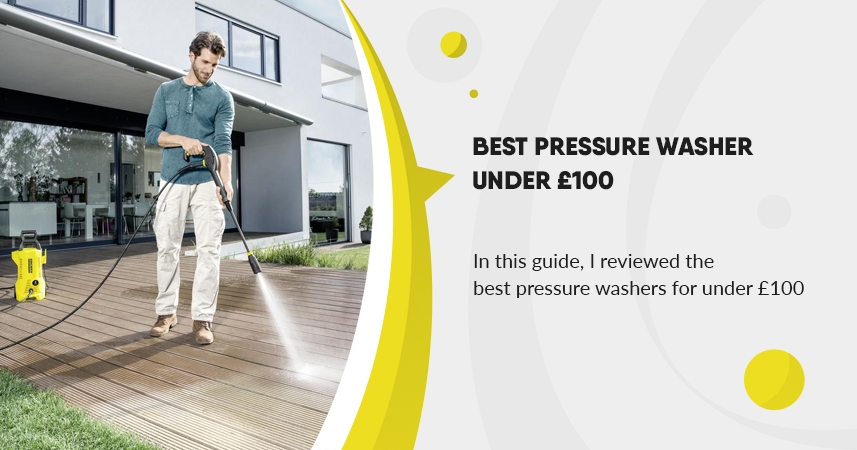
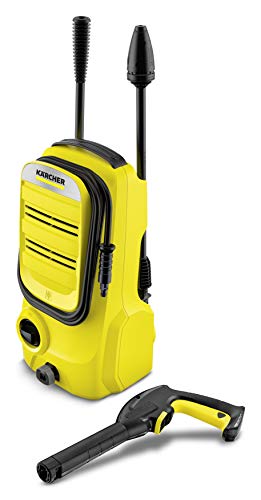
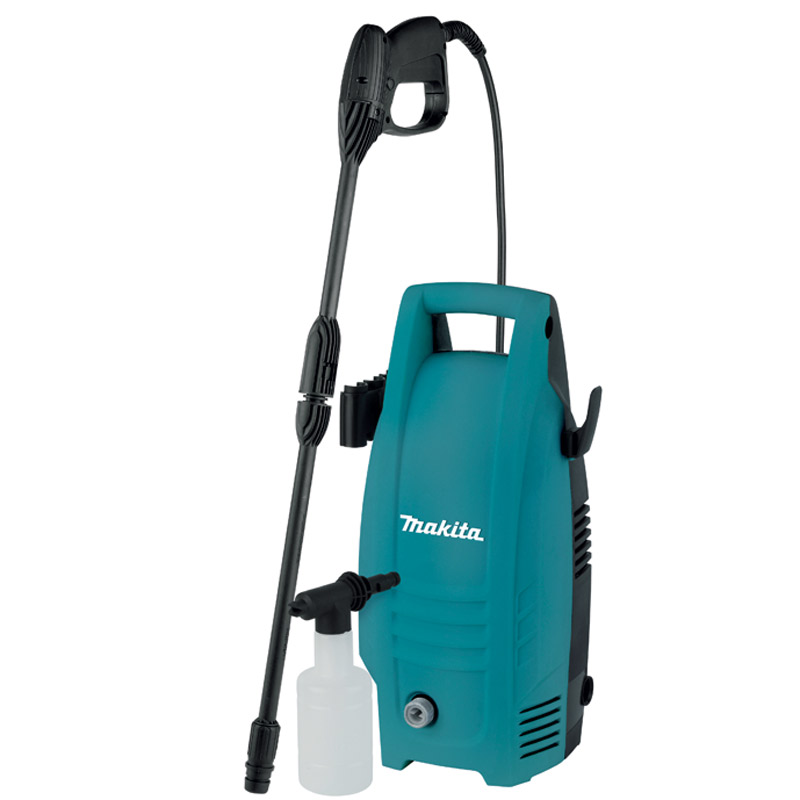
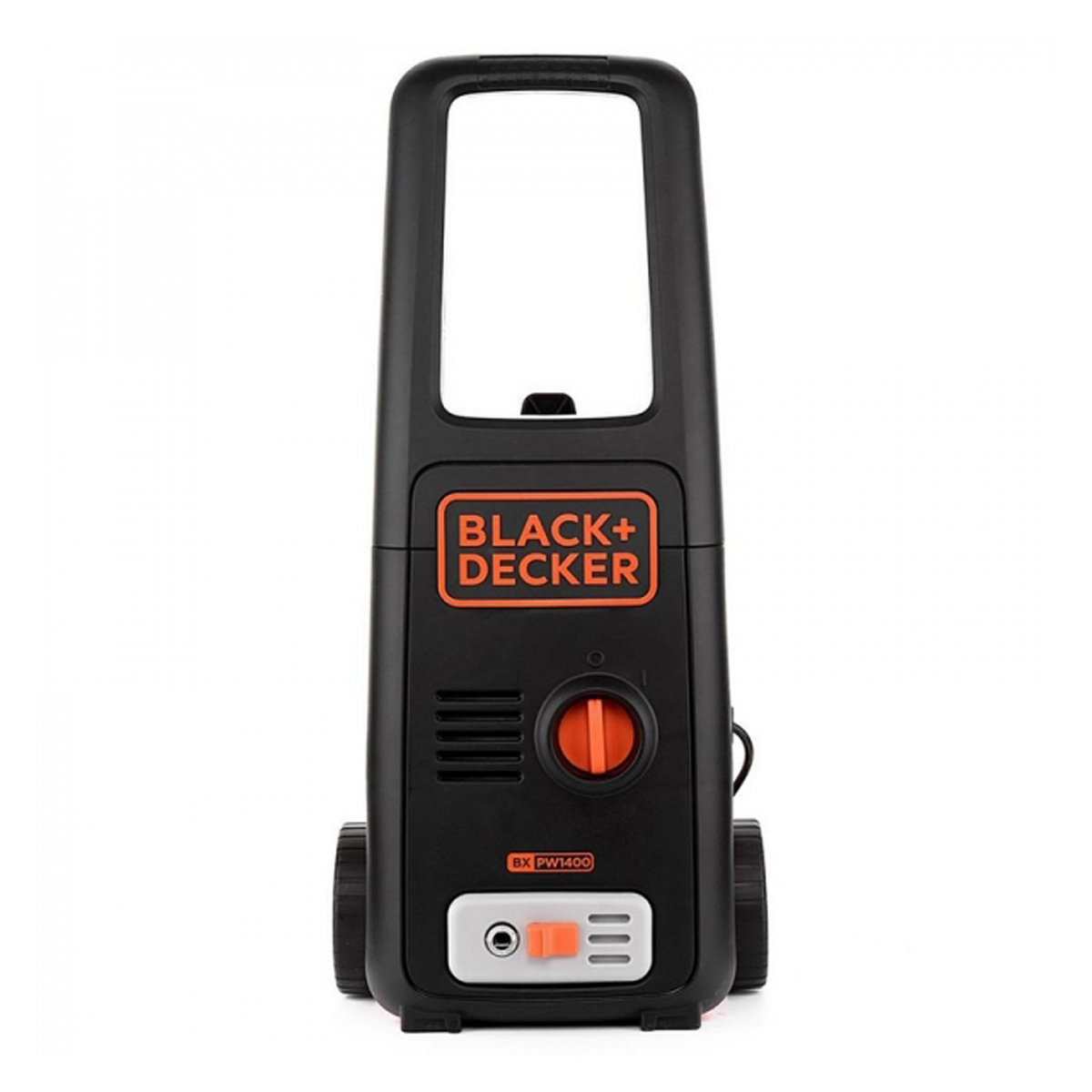
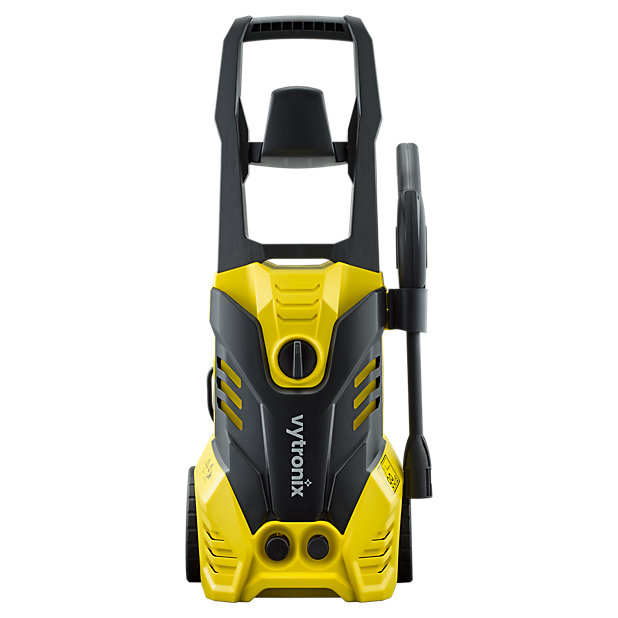
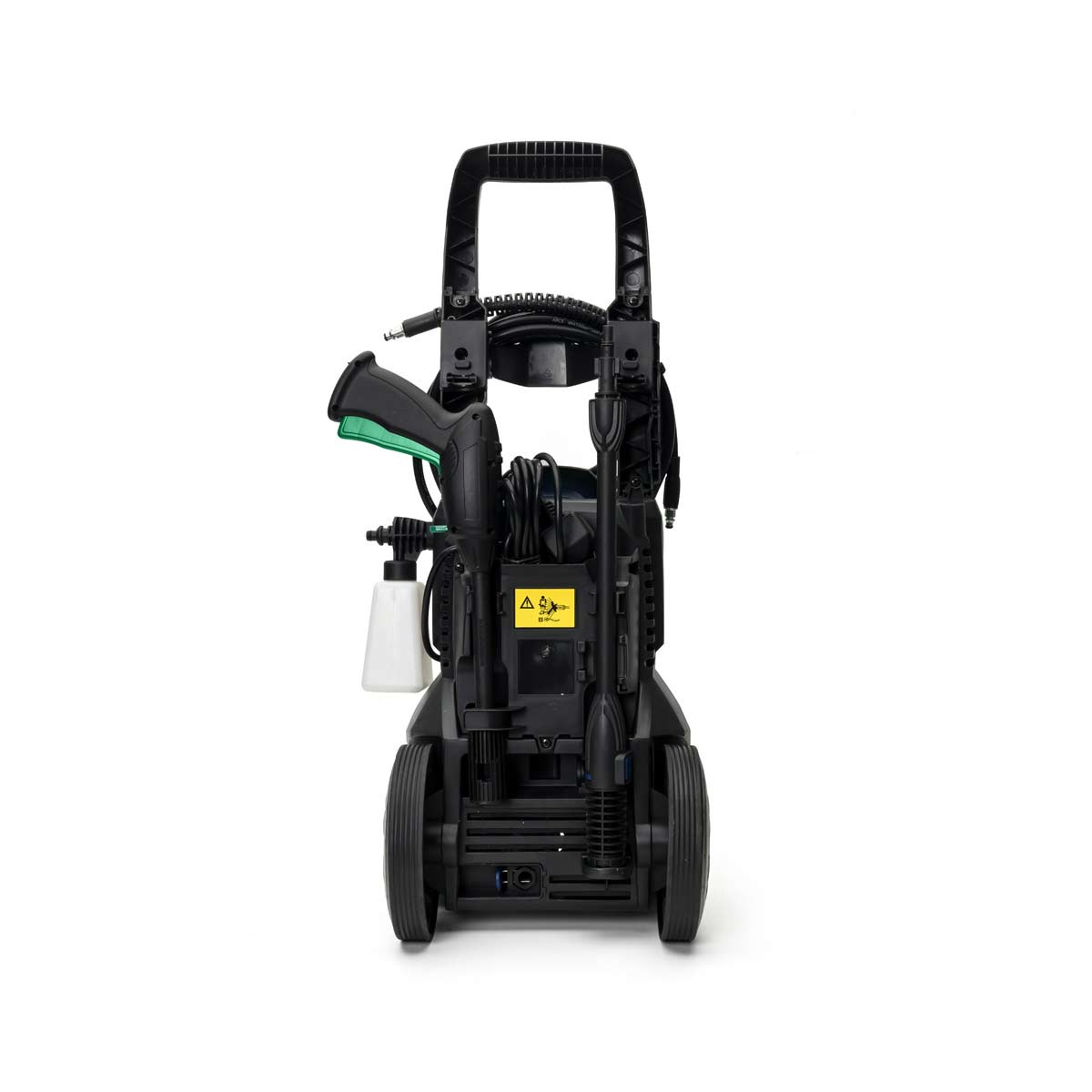
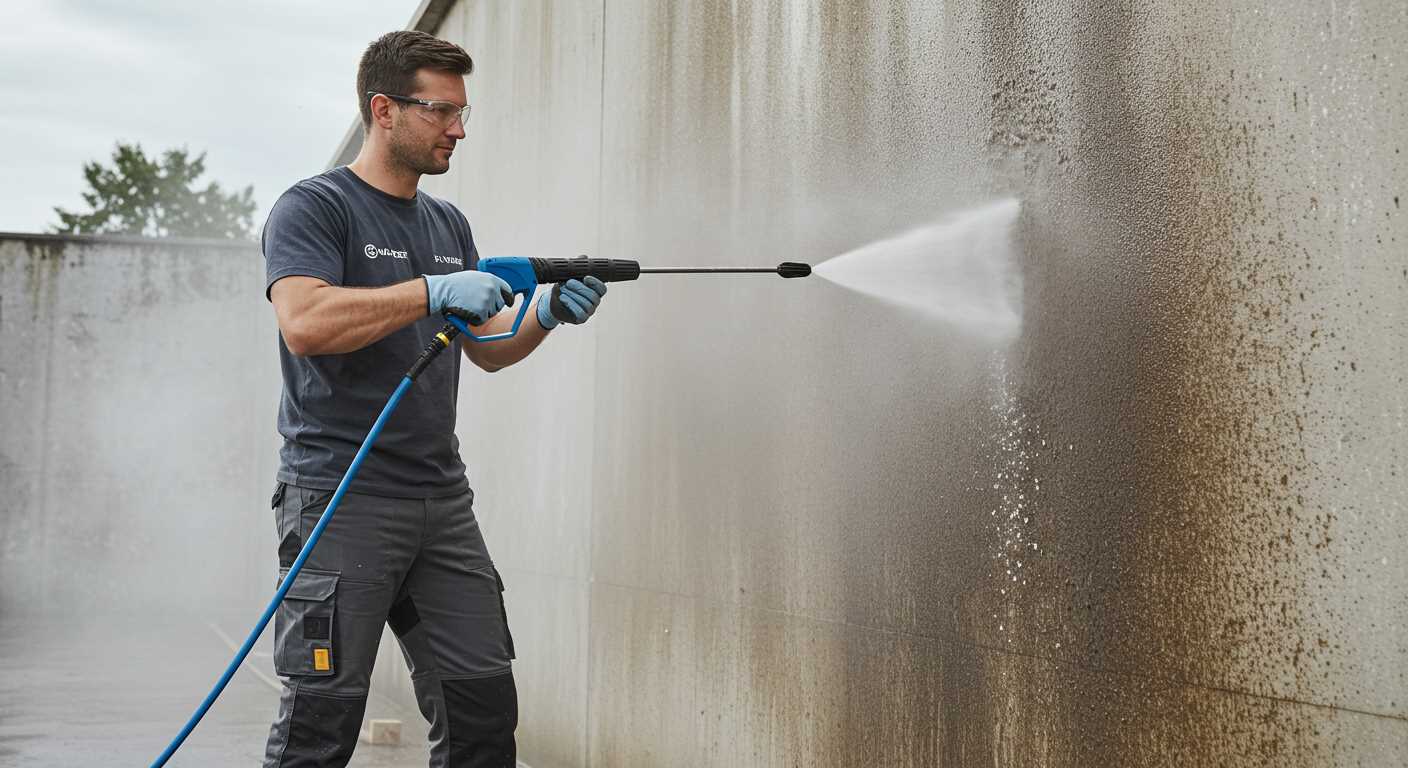
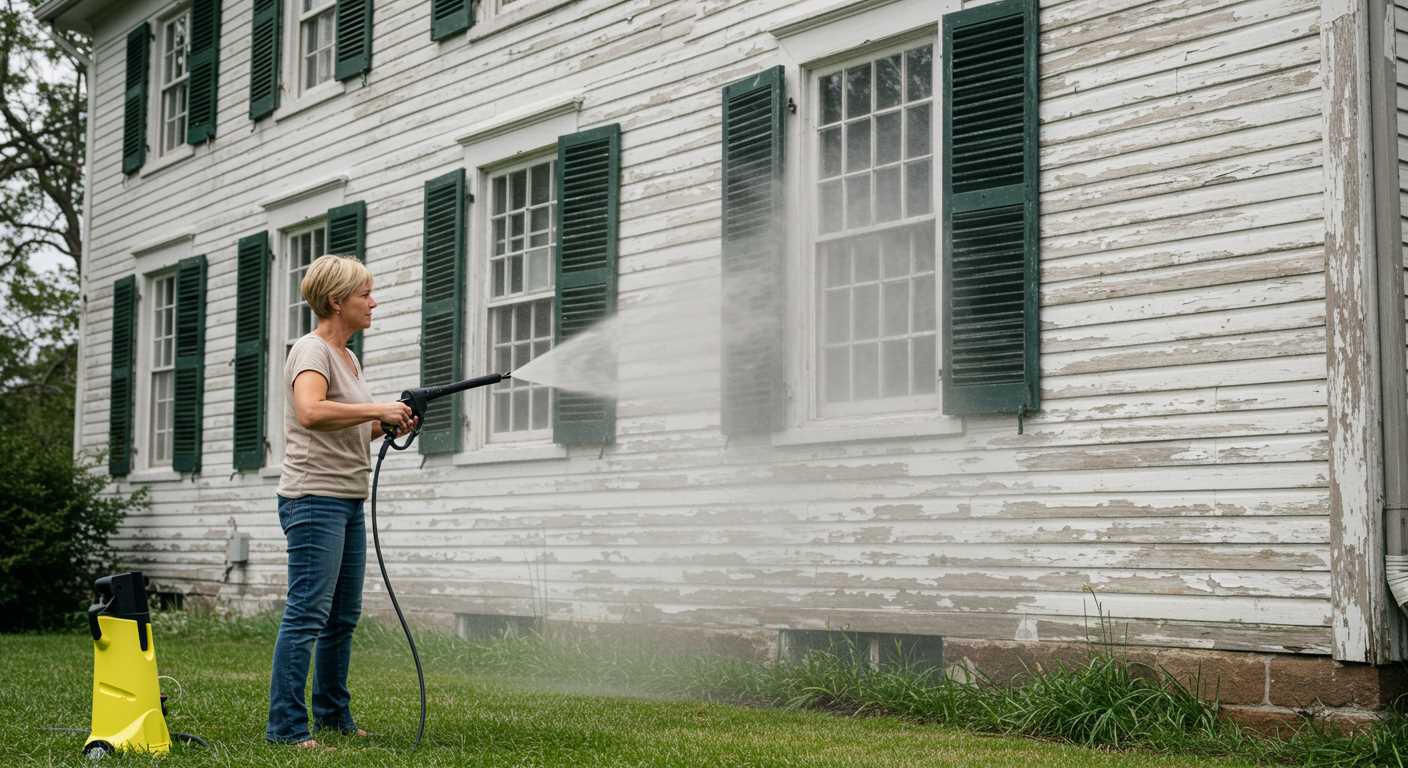
.jpg)


